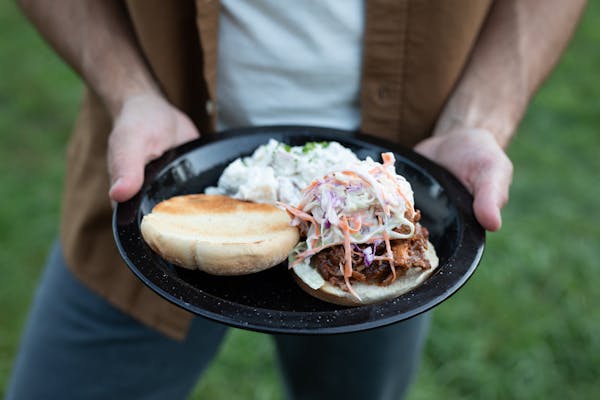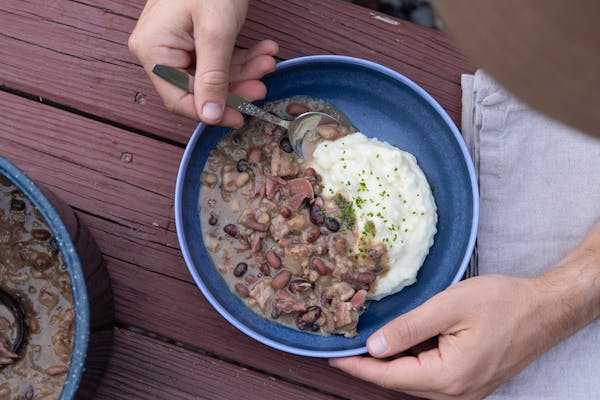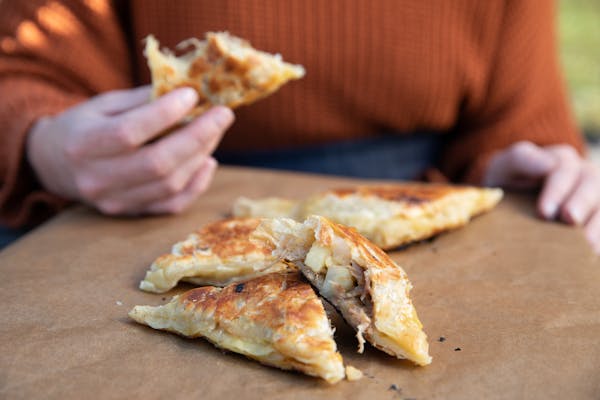Due to its diverse terrain and proximity to the Appalachian Mountains, North Carolina boasts some of the best bird hunting in the Southeast. Grouse, pheasant, quail and wild turkeys are just a few of the most popular. And while Cornish hens aren’t typically hunted in this part of the United States, they are relatively easy to find, delicious to cook with and have a rich, meaty taste—a flavor profile that is comparable to wild quail or partridge. Plus, Cornish hens are a great way to ease into the world of wild game cooking (before you jump in and cook an entire wild turkey).
Originally from England, Cornish hens are young female chickens who aren’t known for their egg production, so they’re raised for meat instead. They are typically much smaller than your average chicken, maxing out at around two pounds. Their small size and adolescence ends up making the meat moist and tender, and they’re the perfect portion for an individual meal. Opt for wild Cornish hens when you can, as their diet is more natural and gives the meat a stronger flavor. And since our recipe requires roasting the hens over an open flame, we recommend splitting each bird in half (often referred to as “butterflying” or “spatchcocking”) to help cook them quicker and more evenly. Don’t be afraid to season each hen generously. I use a mix of coriander, brown sugar and Cajun seasoning to help balance the gaminess of the hens.









